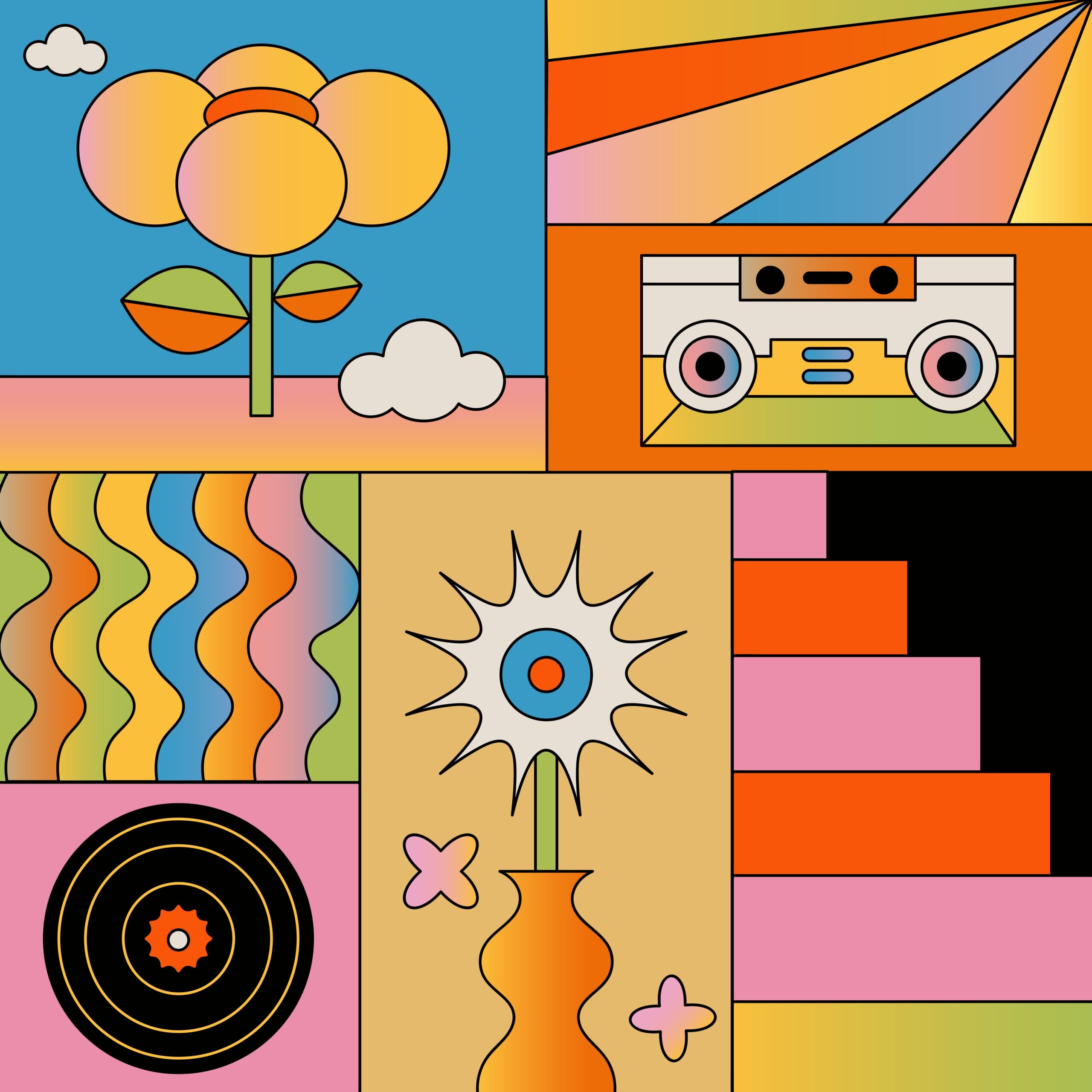 Beatmaking
Beatmaking What’s the difference between volume and gain?
In music production, volume and gain are important concepts that may seem similar but are actually different. Understand...
 Beatmaking
Beatmaking  Beatmaker Mindset
Beatmaker Mindset  Beat Marketing
Beat Marketing  Beatmaker Mindset
Beatmaker Mindset  Beatmaker Mindset
Beatmaker Mindset  Music Diary
Music Diary  Beat Marketing
Beat Marketing  Beatmaking
Beatmaking  Music Diary
Music Diary  Beat Marketing
Beat Marketing